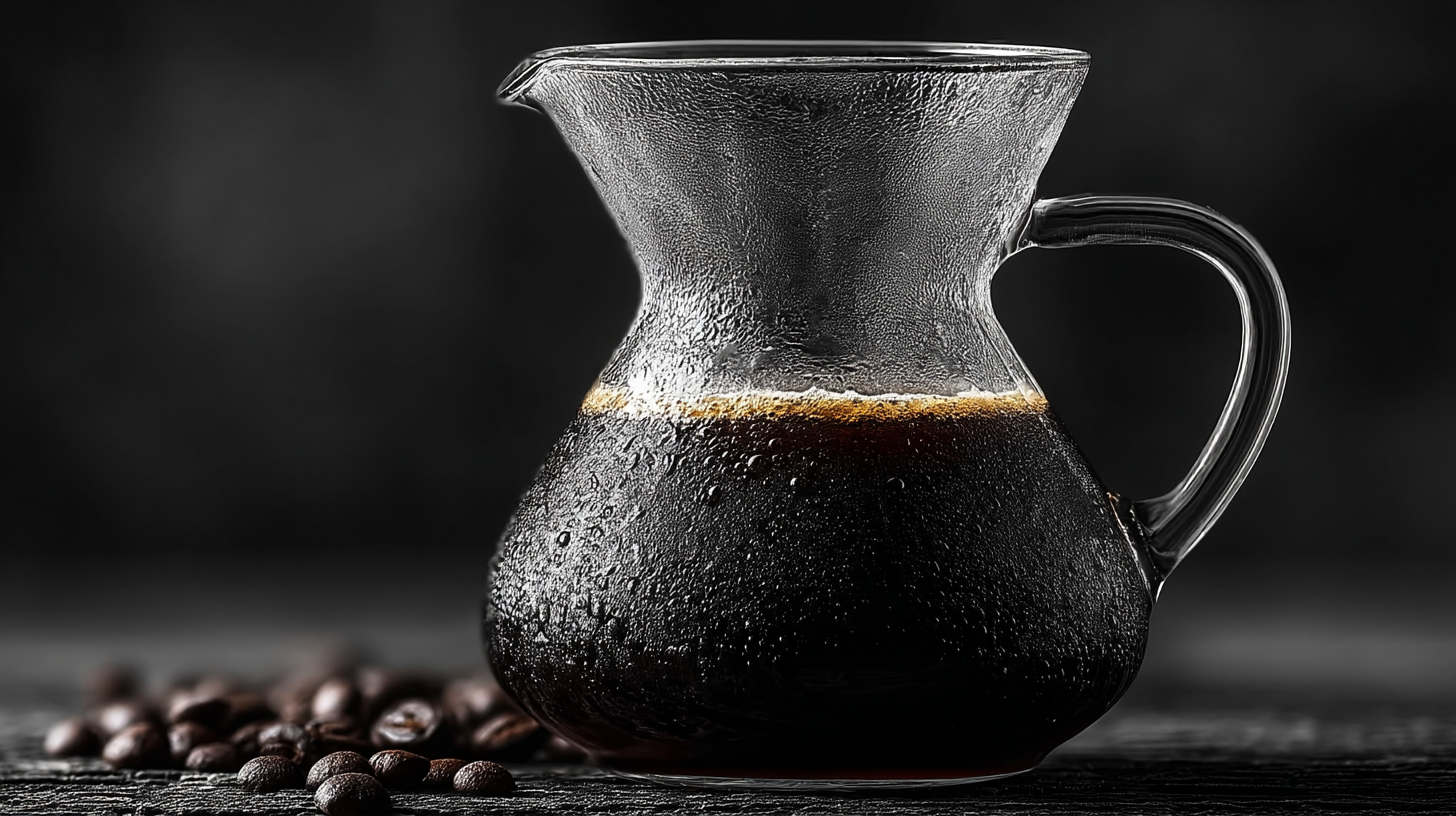
Stop caffeine after 2 PM for better sleep
Why it matters
Caffeine is a powerful stimulant that blocks the action of adenosine—a substance that makes you feel sleepy. Even if you drink coffee earlier in the day, its effects can last up to 8 hours, making it harder to fall asleep and reducing sleep quality. Research shows that consuming caffeine within 6 hours of bedtime significantly delays sleep onset and reduces deep sleep
How to do it
- Avoid caffeine after 2:00 PM
- Check for hidden sources of caffeine (colas, chocolate)
- Try decaf or herbal drinks instead
Science snap
Having caffeine even 6 hours before bedtime can extend the time it takes to fall asleep by an average of 40 minutes
Contra-Note

There are no known contraindications for healthy adults. This is not medical advice. If you have any health conditions or are undergoing treatment, consult your doctor
Contra-Note


You’ve taken the step — well done!
This is just one piece: complete the full Sleep Track and turn small steps into big changes
One-tap Google · Free · No spam
.jpg)
You’ve taken the step — well done!
This is just one piece: complete the full Nutrition Track and turn small steps into big changes
One-tap Google · Free · No spam

You’ve taken the step — well done!
This is just one piece: complete the full Body Track and turn small steps into big changes
One-tap Google · Free · No spam

You’ve taken the step — well done!
This is just one piece: complete the full Mind Track and turn small steps into big changes
One-tap Google · Free · No spam
Mechanism & Key fact
Caffeine works by blocking adenosine receptors in the brain, which delays feelings of drowsiness and keeps you feeling alert. However, caffeine has a half-life of about 5–6 hours, meaning up to 50% of it can remain in your system even 6 hours after consumption. This lingering presence can suppress melatonin production, making it harder to fall asleep and reducing time spent in deep sleep stages. Studies show that consuming caffeine within 6 hours of bedtime can delay sleep onset by up to 40 minutes and worsen overall sleep quality, leading to daytime fatigue and impaired cognitive function
Pro tips & Myth-buster
- Switch to decaf drinks after lunch
- Read labels on chocolate and energy drinks
- Myth: “An evening coffee doesn’t affect me” — Fact: Sleep becomes lighter even if you don’t feel awake
- Myth: “Tea doesn’t count” — Fact: Black tea also contains caffeine
